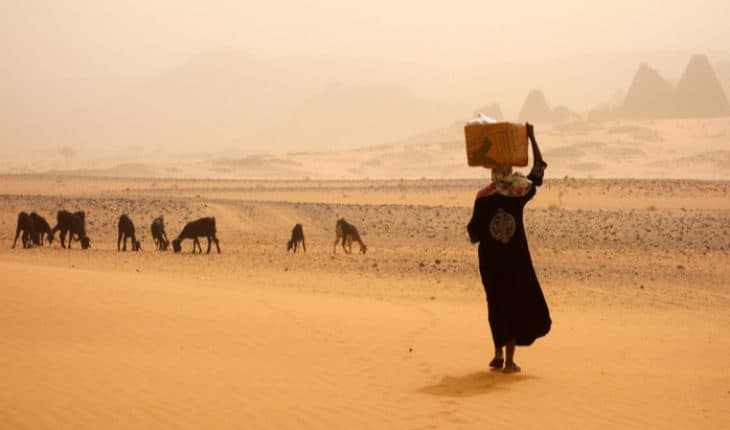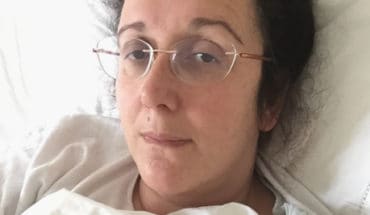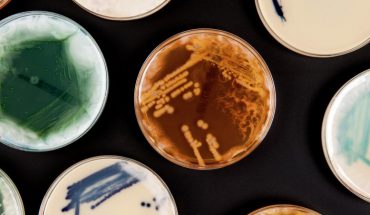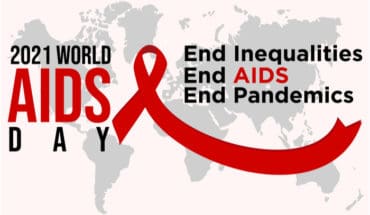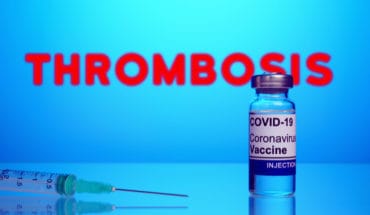Between war and fragile health systems, tackling Tuberculosis (TB) in Sudan and South Sudan, MSF share a series of testimonials from some of their patients and medical staff in the region.
Years of war and a fragile health system have left many people without access to treatment for chronic infectious diseases such as TB in South Sudan, where about 14,000 cases are reported every year, according to WHO. In the neighboring country, Sudan, the number of detected cases is higher, 20,000, although the population is about four times bigger. If left untreated, TB severely weakens people and can be fatal. TB is one of the top ten causes of death worldwide.
Over recent years, MSF has integrated the diagnosis and treatment of TB into some of its medical programmes in Sudan and South Sudan in order to help tackle this disease, treating refugees, internally displaced people and local communities. New and innovative tools, such as the point-of-care-ultrasound (Pocus) and GeneXpert, are making it easier to diagnose TB better and faster.
Without a proper diagnosis, people with TB may be given the wrong treatment, with the result that they fail to recover from the disease. The volatile situation in the region, where conflict frequently results in people moving from one place to another, can also result in TB patients interrupting their treatment, raising the risk that they will develop resistance to anti-TB drugs.
MSF patients and medical staff in South Sudan’s Upper Nile region and Sudan’s White Nile state describe the challenges and successes of treating TB in this difficult context.
“Now I have recovered. I can walk easily and I am fit again” John Jimis, 28, is from Malakal in South Sudan. He arrived in Sudan as a refugee in 2017, rejoining his family who had already fled the war in their country. According to UNHCR, there are about 250,000 South Sudanese refugees in White Nile state, most of them living in camps like Al Kahafa.
“I was coughing all the time and I wasn’t sleeping well. I kept going to the health centre in Jorey refugee camp. They gave me medication but I wasn’t getting any better. I saw the doctor three times or more, but my weight kept on dropping.
My relatives took me to MSF’s hospital in Al Kashafa. When I arrived I was very sick and I couldn’t sleep at night. I was brought into the hospital unconscious, weighing just 45 kg. They took a sputum sample and confirmed I had TB.
Now I have recovered. After two months I went back to the hospital and they took my sputum again. When I went back, my weight was 54 kg and it continues to increase.
The doctor has changed my medication to start the next phase of treatment. I’m taking the medication now. I can walk easily and I’m fit and healthy, thanks be to God. I am very happy as I didn’t expect such a quick recovery.”
“Due to the conflict, many TB patients had their treatment disrupted” Yumo Arop is MSF’s TB and HIV supervisor in White Nile state, Sudan.
“In Sudan, there were cases of TB before the arrival of refugees from South Sudan, but he refugees’ basic and congested living conditions – the lack of clean water and the poor sanitation – create the perfect environment for some diseases to spread.
When a new crisis broke out in 2017 in northeast South Sudan, with violent combats, thousands of people crossed to neighbouring White Nile state in Sudan. Most of the new arrivals settled in Khor Waral refugee camp.
We screened the health of the newcomers and confirmed that some had TB. Some had been receiving treatment already in South Sudan, but due to the conflict and their displacement, many had their treatment disrupted. Some people had gone six or eight months without being treated. Health promoters helped identify possible patients and referred them to our hospital in Al Kashafa refugee camp.
It was important to restart their treatment to prevent the expansion of the disease, as an infected person sitting in an overcrowded place can spread the disease to others, sometimes to their whole family. Prophylaxis [preventive treatment] needs to be distributed to the relatives.
If not treated properly, TB can lead to many issues, such as not being able to walk, loss of appetite, cough, body weakness, fever and death. The misuse of antibiotics can also lead to patients developing resistance. Luckily we only detected one case of resistant TB in 2018.”
“We get patients who have been feeling sick and showing symptoms for a long time” Simon Dau, 42, is MSF’s clinical officer for HIV and TB in his hometown of Malakal in South Sudan. At the United Nations Protection of Civilians site in Malakal, where there are some 29,000 internally displaced people, the incidence of tuberculosis is about three times higher than the national rate.
“TB is very prevalent in South Sudan and the number of cases has been increasing with the years. I remember an uncle of mine who had a fever and a cough a few years ago, in 2011. We gave him amoxicillin and paracetamol but his condition didn’t improve at all and finally he died.
When later I joined MSF and got to know more about the disease, I became convinced that he had been suffering from TB. A lack of adequate health facilities and knowledge are factors leading to the deaths of many people. In parts of South Sudan there are still no TB programmes at all.
When a patient suspected of having TB comes to visit us, I ask a set of standard questions: ‘Do you have a fever? Do you have a cough? Are you losing weight? When did your sickness start? What contacts did you have? Have you been treated for TB before?’
After taking the full history, we put the patient in isolation if they are very sick and take a sample of sputum. If the sample is positive for TB, we start treatment. We get patients who have been sick and showing symptoms for a long time. They may have gone first to private facilities without the capacity to diagnose TB. Sometimes they arrive at a late stage, when they are about to collapse.
If we suspect TB, we use the point-of-care ultrasound, or Pocus, to try to find some basic signs of TB, like pericardial and pleural effusions or lymph nodes. Pocus can also be used for many other purposes, such as paediatrics and surgery, as it replaces radiography and is much more functional and easy to use. This is particularly useful in the remote contexts where MSF often works.
With a sample of fluids, mainly sputum, we confirm later with GeneXpert, an automatic machine that amplifies DNA. It can also detect if the form of TB is resistant. It gives results very quickly – in just two hours.
These machines are very useful. Before we would just use a microscope and we had to send samples for confirmation to the laboratory. This could take several days and was a more complicated process. Now everything is much quicker and more sensitive.”
MSF started already in the mid-1990s to treat TB in South Sudan. Initial programs were run in Leer and Nasir in 1994 and later in Lankien in 2006. Between 2013 and 2019, MSF has treated 10,139 patients for TB in South Sudan, an average of nearly 1,450 per year. At present, we treat patients in Agok, Malakal, Ulang, Bentiu and Lankien. Between 2017 and 2019, MSF has treated 919 TB patients in White Nile state, Sudan, an average of above 300 per year.
- Ketogenic diet could help prevent epileptic seizures - 16th January 2026
- What really happens to the plastic you throw away - 16th January 2026
- Plastic particles can increase intestinal inflammation - 16th January 2026

